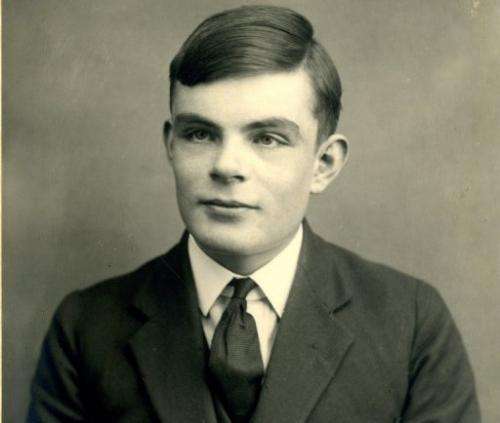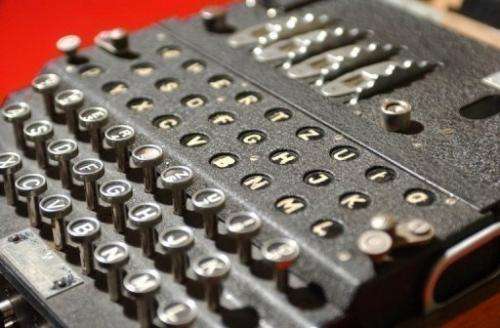Scientists urge Britain to pardon gay code-breaking hero

Leading scientists including Stephen Hawking urged Britain on Friday to pardon World War II code-breaker Alan Turing, who committed suicide after he was convicted of the then crime of homosexuality.
Often hailed as a father of modern computing whose code-cracking is credited with shortening World War II, Turing took his own life in 1954, two years after he was sentenced to chemical castration for the "gross indecency" of homosexuality.
"Successive governments seem incapable of forgiving his conviction for the then crime of being a homosexual, which led to his suicide," the scientists wrote in a letter published in the Daily Telegraph newspaper.
"We urge the Prime Minister formally to forgive this British hero, to whom we owe so much as a nation, and whose pioneering contribution to computer sciences remains relevant even today."
Hawking and ten other scientists, including Royal Society president Paul Nurse, described Turing as "one of the most brilliant mathematicians of the modern era".
"It is time his reputation was unblemished," they said.
Turing died aged 41 after poisoning himself with cyanide.
In his short life, he lay the theoretical foundation for the modern-day computer and unravelled Nazi codes, which some historians argue saved millions of lives by cutting the war short.

He is credited with breaking the "Enigma" code used to encrypt communications between German U-boats in the North Atlantic ocean, but he was virtually unknown to the public at the time of his death as his work was kept secret until 1974.
He also published pioneering work on early computers.
In 2009, Britain's then prime minister Gordon Brown issued a posthumous apology to the code-breaker, saying he had been treated "terribly".
Homosexuality was decriminalised in Britain in 1967.
The government rejected a call to pardon Turing in February after it was presented with an online petition of more than 23,000 signatures.
Junior justice minister Tom McNally said at the time that it would be "inappropriate" to pardon him as he was "properly convicted of what at the time was a criminal offence".
The office of Prime Minister David Cameron said it was considering its response to the scientists' letter.
(c) 2012 AFP

















